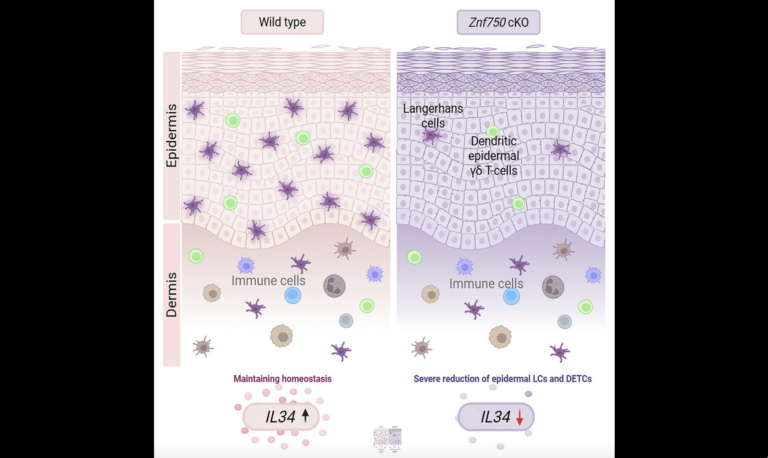TAU and Tel-Hai college: Covid-19 pandemic causes a sharp spike in anxiety and depression symptoms among Israelis

In October 2020, at the peak of the second lockdown, one in three people in Israel report being afflicted with high or very high anxiety symptoms and one in five people in Israel report suffering from high or very high symptoms of depression. The study reveals that, since the first wave of Covid-19, the population has been experiencing significant increase in symptoms of anxiety and depression.
A new study by Tel Aviv University and the Academic and Technology College of Tel-Hai shows that, since the outbreak of the pandemic, symptoms of anxiety and depression have increased significantly. The study reveals that at the peak of the second wave (October 2020), almost one in three people in Israel (29%) suffered extreme or highly extreme symptoms of anxiety. The data present a sharp increase in the rate of anxiety relative to the first pandemic lockdown (May 2020), when almost one in four respondents (23%) reported medium to high or very high levels of anxiety. In comparison, an examination of the level of anxiety in Israel in 2018, approximately two years prior to the pandemic, showed that only one person in ten (about 12%) reported being highly or very highly anxious.
| Levels of Anxiety | 2018 assessment | Exiting the first lockdown(May 2020) | Between lockdowns(July 2020) | Peak of the second lockdown (October 2020) |
| Low and very low | 60% | 41% | 35% | 36% |
| Medium | 28% | 36% | 38% | 35% |
| High and very high | 12% | 23% | 27% | 29% |
The study was led by Dr. Bruria Adini of the Emergency and Disaster Management Department at the School of Public Health, Sackler Faculty of Medicine, Tel Aviv University, and Prof. Shaul Kimhi, Prof. Yohanan Eshel, and Dr. Hadas Marciano, researchers at the Resilience and Stress Research Center, at Tel-Hai College. In the study, the researchers monitored the way members of the adult Jewish population coped with the Covid-19 crisis. The study was conducted among a sample of 804 respondents. The data also showed that, over the past year, the level of depression has risen sharply: at the peak of the second wave (October 2020), the study found that one in five respondents (20%) in Israel reported a high or very high level of depression. When the lockdown after the first wave was lifted (May 2020), only 14% of the respondents (one in seven) reported a high or very high level of depression. In comparison, in 2018, only 9% of the population (fewer than one in ten) reported a high or very high level of depression.
| Level of Depression | 2018 assessment | Exiting the first lockdown(May 2020) | Between the lockdowns(July 2020) | The height of the second lockdown (October 2020) |
| Low and very low | 70% | 59% | 57% | 51% |
| Medium | 21% | 27% | 25% | 28% |
| High and very high | 9% | 14% | 18% | 20% |
According to the researchers, “the study demonstrates the impact of the Covid-19 crisis and the severe damage to the public’s mental resilience. The sharp increase in the rate of people suffering from symptoms of anxiety and depression is very disturbing. For the most part, this suggests mental damage that is not outwardly visible, and is therefore not being properly treated. It is important to emphasize that anxiety, and especially depression, are liable to negatively affect the population’s daily functioning, such as maintaining the functionality at home, working, being active in community life, taking care of health, and so on. Above all, the more people suffer from symptoms of depression, the less motivated and willing they are to cooperate and comply with the government’s mandates on social distancing or other restrictions.
Furthermore, the study raises other questions such as: are Israel’s psychological and psychiatric institutions capable of handling a phenomenon of this scope and are they prepared to provide effective treatment to such a range of anxiety and depression manifestations? We must also ask ourselves whether people who feel depressed or anxious even try to get help for their mental state. Does the Israeli healthcare system have effective ways for identifying and treating them early, before their condition worsens? Moreover, what might be the long-term implications of these mental effects for those who suffer from them, for their immediate surroundings, and indeed for the country as a whole? These questions require immediately attention.”







